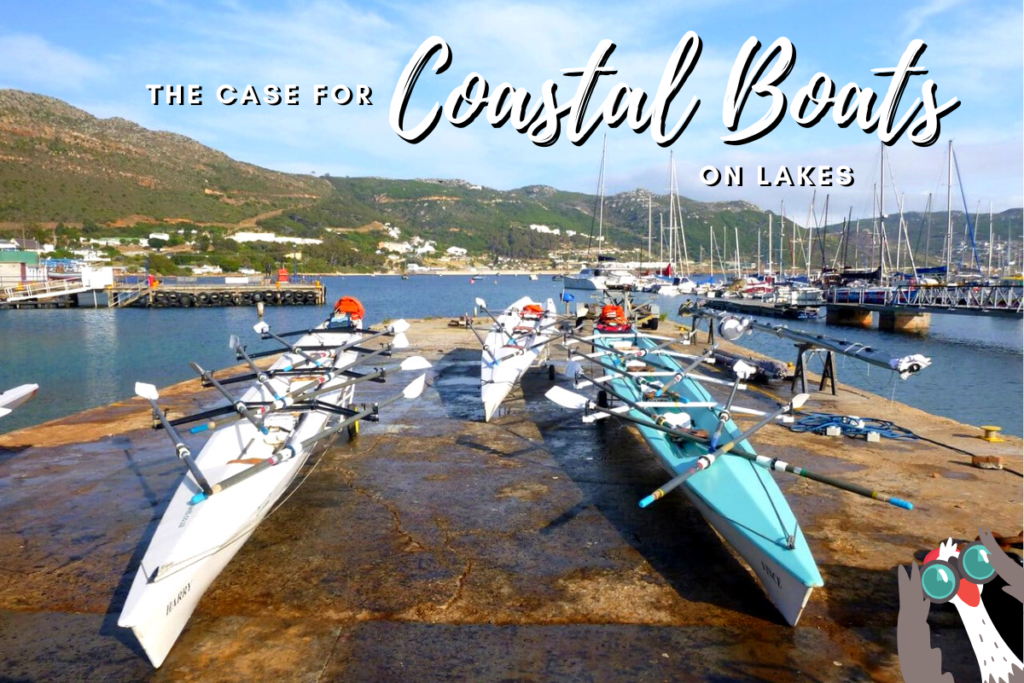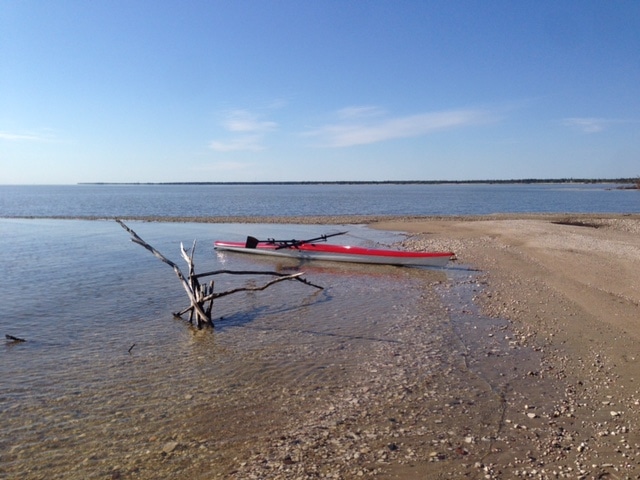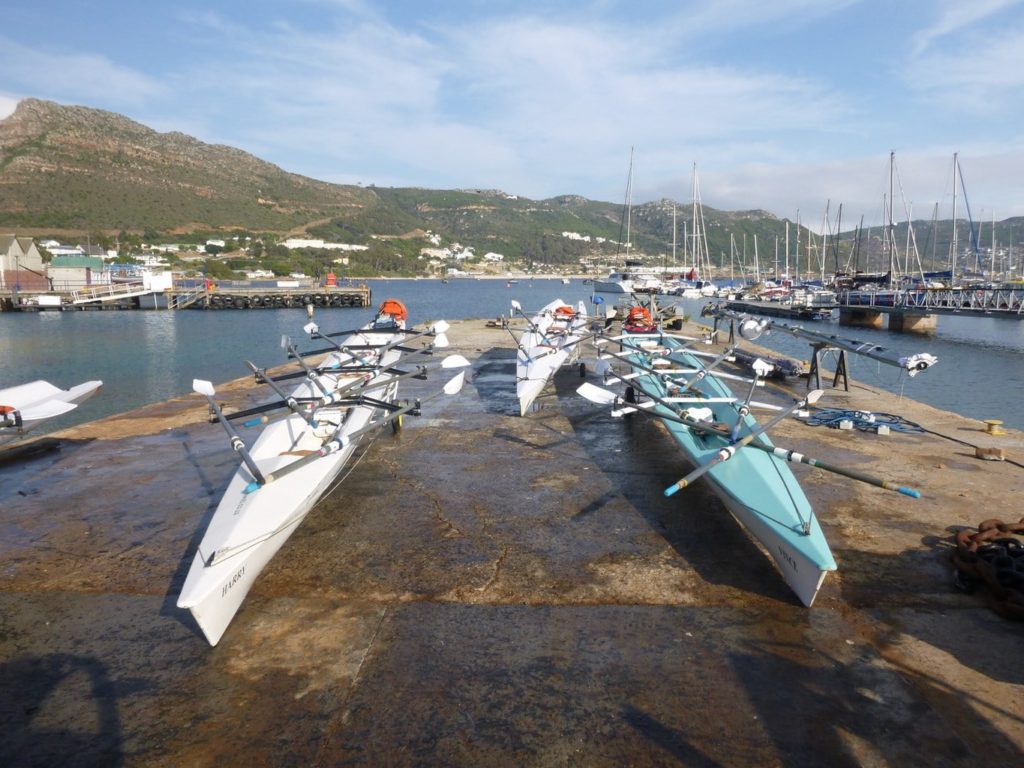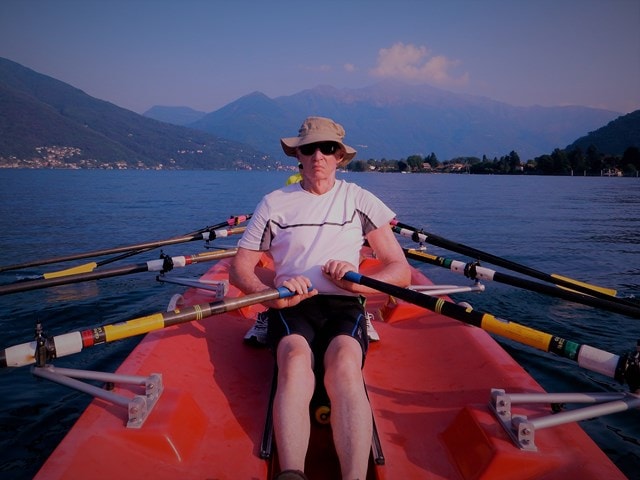
The Case for Coastal Boats on Lakes
I recently visited Gimli, on the shores of Lake Winnipeg in Canada. It is a beautiful, big, very big lake. It ranks as the 11th largest in the world and you often can’t see the opposite shore. Commercial fishers earn their living there. And like any big lake, storms can whip up the water into dangerous conditions. This is the prairies, and it is rare to experience an absolutely calm day on Lake Winnipeg. At some point, often early in the morning, the wind and waves pick up. In fact, it was on Lake Winnipeg, learning to operate a cruiser, that I learned the secret of cutting through waves, which I now apply to rowing. (Tip – 45o angle).

A rowing friend who has a home on the lake finally gave up her Hudson single, and instead bought an open water boat, an Echo. The only place that I have rowed an Echo was on the Atlantic Ocean, off the coast of Marblehead MA. It was perfectly suited to the swells of the ocean, and Norma’s boat is perfectly suited to the waves of Lake Winnipeg.
Rowing Canada Aviron and USRowing have struggled to get traction with coastal rowing in North America. And we have such big lakes. Even on the coasts, most rowing clubs purchase flat water boats. Perhaps some of it is snobbery? I suspect that those who sneer have never actually rowed a good coastal boat. Filippi makes them for example, and they build excellent boats.
Anyone who has rowed in the wild and wacky conditions that open water and coastal boats can handle, knows the thrill that the “mountain biking of rowing” offers, plus the skills and fitness required. After getting tossed around on big water, when I get back into a skinny little flatwater single, I am much more relaxed and confident with rougher conditions.
Likely it is just a lack of knowledge and experience. On our South Africa Rowing Safari, rowing with our friends at Cape Coastal Rowing Club on False Bay is usually a very new and unusual experience for our guests. Then they love it. We trailer the coastal boats to lots of fantastic tidal rivers with magnificent scenery where there are no rowing clubs and racing boats would not be suitable.

Here’s the thing. Why wait for salt water? Our Lago Maggiore trips use coastal boats and they are perfect for the purpose (just heavy to lift out of the water – trolleys or dollies are a coastal rower’s best friends). I stopped running trips on the Shannon River in Ireland, because the conditions on the lochs that form significant parts of the waterway can be dangerous for flatwater boats – I have seen some sink.
Let’s get coastal boats beyond the coast and onto lakes. There are more and more manufacturers such as Eurodiffusion, Lite Boat, Leo, and others. Think of all the opportunities to row waters that were previously not rowable, or to be able to go out in conditions that normally would leave the boats in the boathouse and rowers on ergs. There is a case for coastal boats on lakes.
